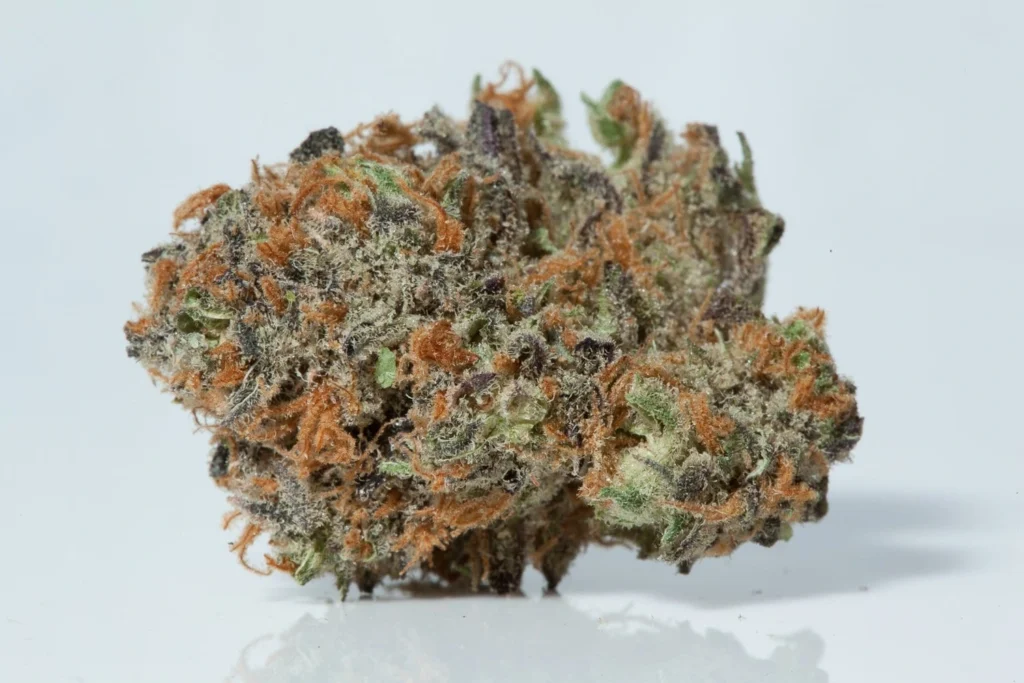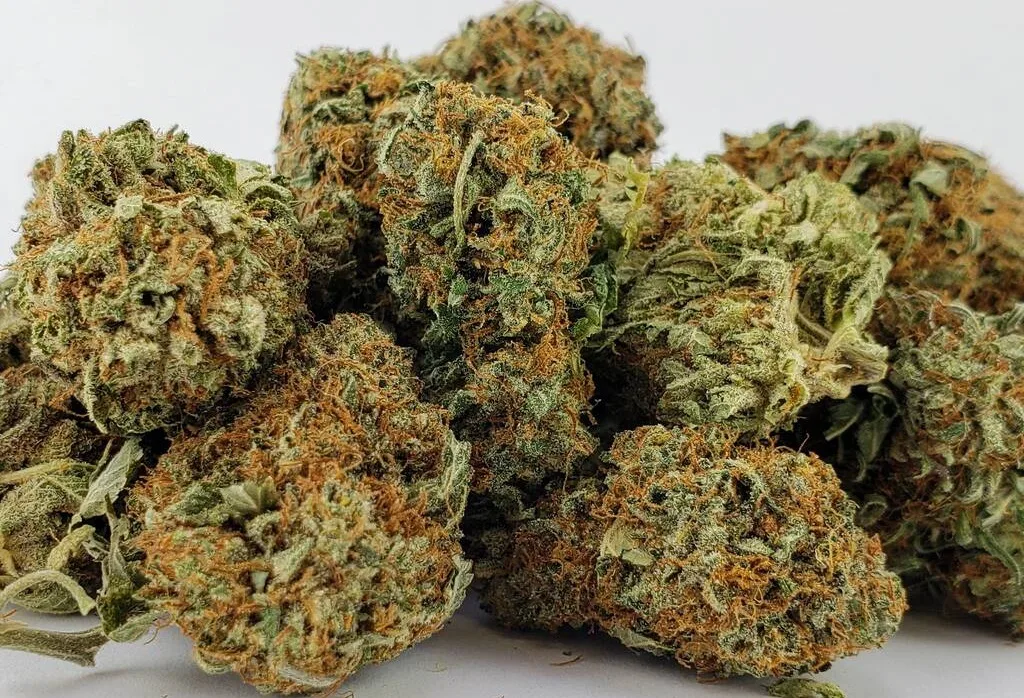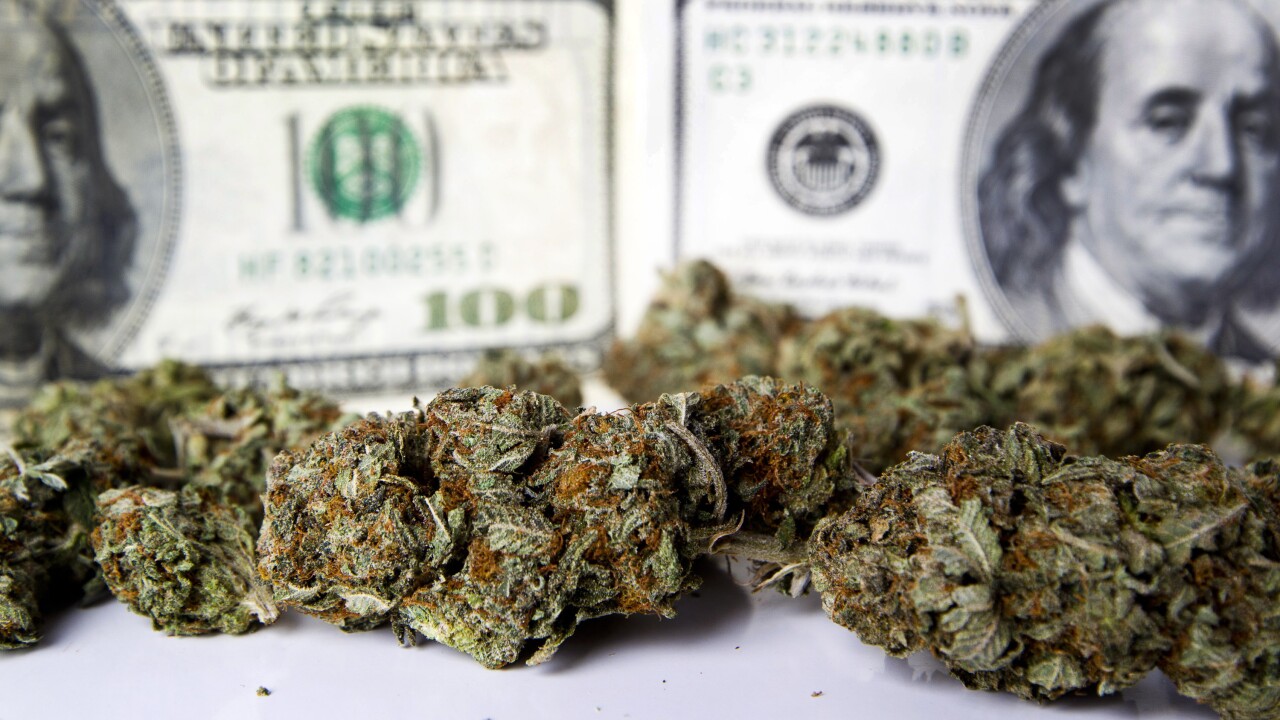The U.S. Department of Veterans Affairs is bringing in outside help to support its efforts to better understand the potential medical uses of marijuana.

Through a newly posted solicitation, the VA is seeking a contractor to provide scientific and technical support related to reviewing and evaluating research on marijuana’s effects and therapeutic potential. The contract is being handled by the Veterans Integrated Service Network (VISN) 22, which covers facilities in California and Nevada.
The chosen contractor will assist with analyzing clinical evidence surrounding marijuana use, particularly in the context of veteran health outcomes. This includes assessing existing literature, identifying gaps in research, and potentially helping shape future research directions within the VA.
Continue reading














